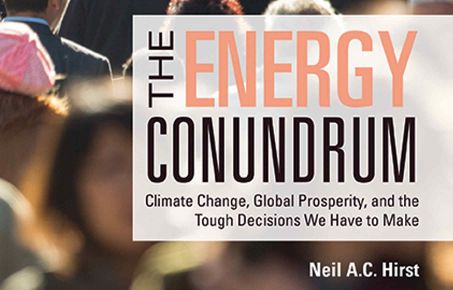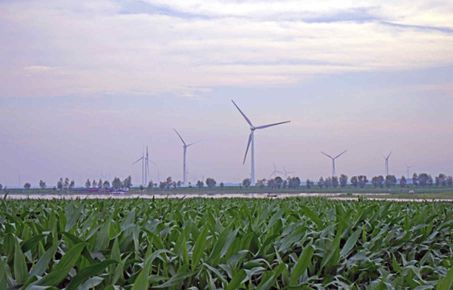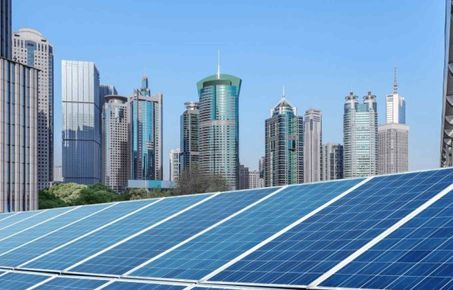
Since 2012, the Grantham Institute has been working with China’s Energy Research Institute (ERI) on international energy policy, with a special focus on energy governance. As the world’s largest energy market, China’s participation in global energy governance is essential to successfully tackle world energy challenges. However, international institutions such as the International Energy Agency (IEA) pre-date the rise of developing nations like China, meaning that some of the most important economies are not fully involved in key areas of energy collaboration.
Neil Hirst’s recent publication, The Energy Conundrum, provides a comprehensive account of global energy policy in a complex and rapidly changing world. At its heart is the critical question, “how can we meet our growing need for affordable and secure energy services in an equitable way while also limiting climate change to acceptable levels”. Neil has been working with Professor Yufeng Yang of the ERI on this problem in a joint project on the reform of global energy governance. Under the leadership of Lord Browne of Madingley (former Group Chief Executive of BP) and Chinese Minister Zhang Guobao, they have produced a series of influential reports. They were part of the debate that led to China joining an Association with the IEA in 2014. Since then, at their meeting in November 2017, Ministers of the IEA and its Association asked the Secretariat to consider how the Agency could be opened up for wider membership. The latest joint report of Neil Hirst and Prof Yang, Next steps of modernisation of the IEA, October 2017, considers the options available. You can find out more about the impact of China's energy policies on the world in a feature written by Neil Hirst for China Focus: China's Energy Conundrum.
Our work
Other publications
Second interim report (March 2016)
This second interim report updates our previous recommendations in the light of recent events and suggests some options for China’s Association with the IEA and the proposed IEA/China Centre, for the reform of energy governance institutions, and for China’s G20 Presidency.
First interim report (November 2015)
In the run-up to the IEA’s Ministerial meeting in November 2015, the IEA issued a first interim report, mainly concerned with strengthening China’s relations with the IEA.


